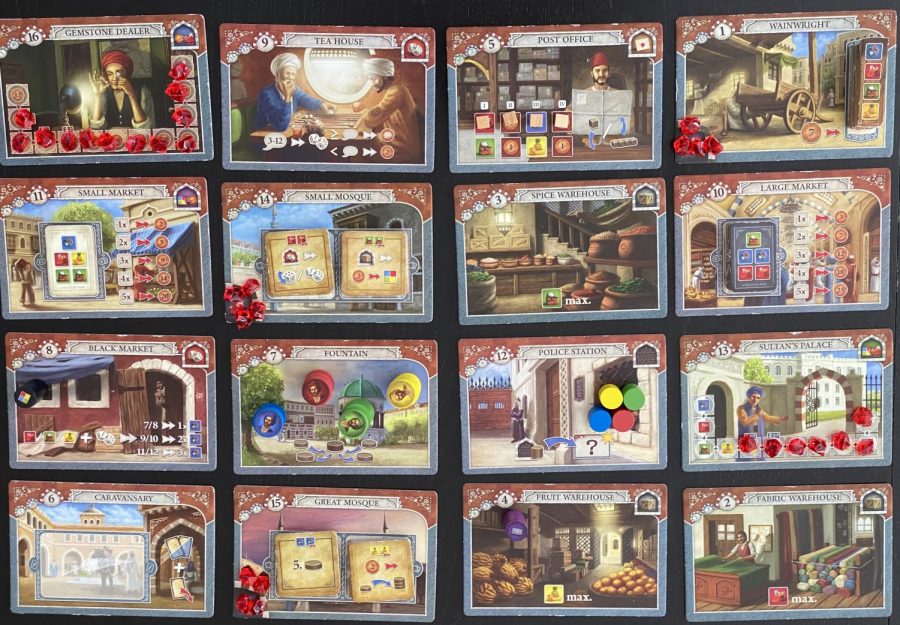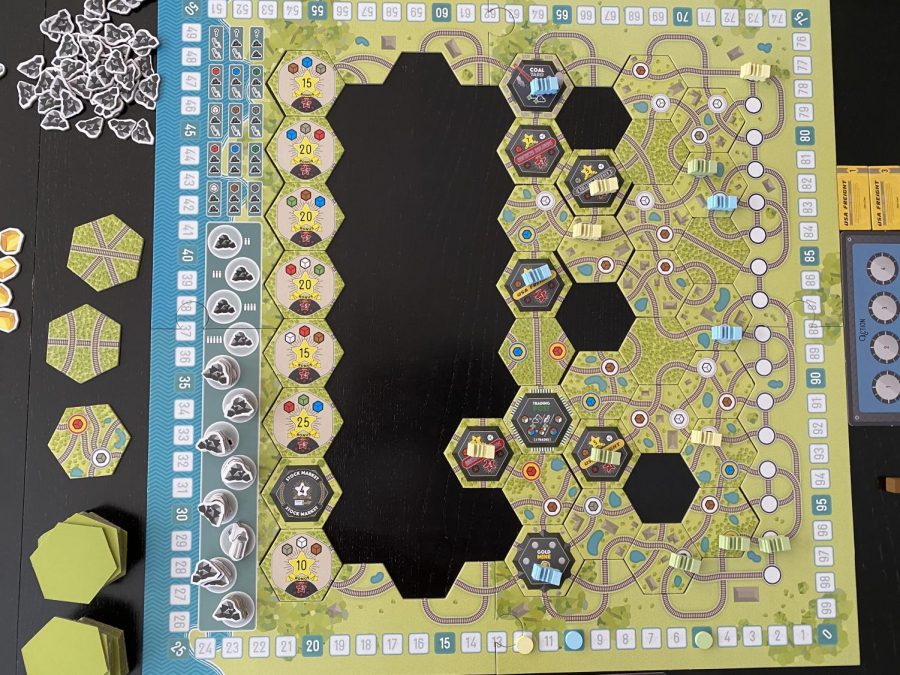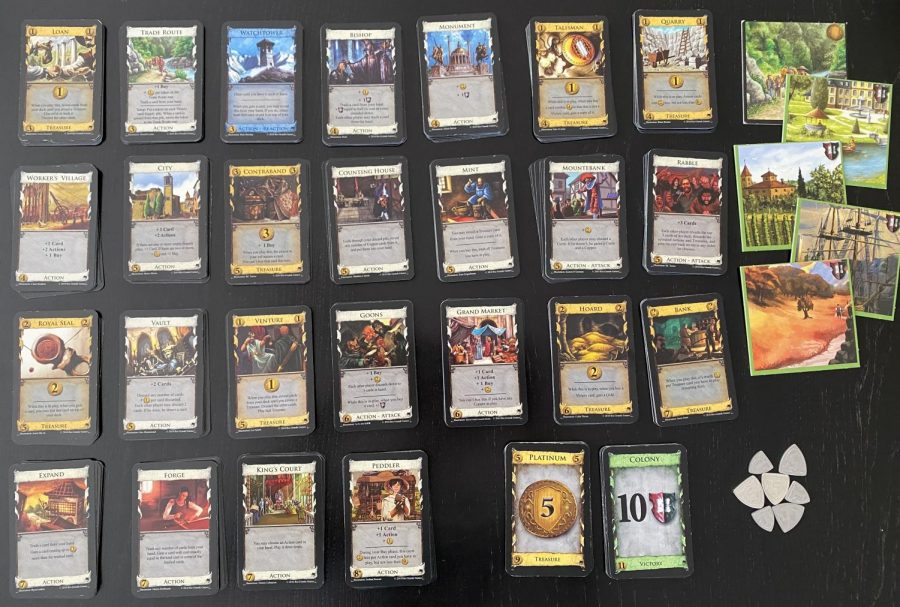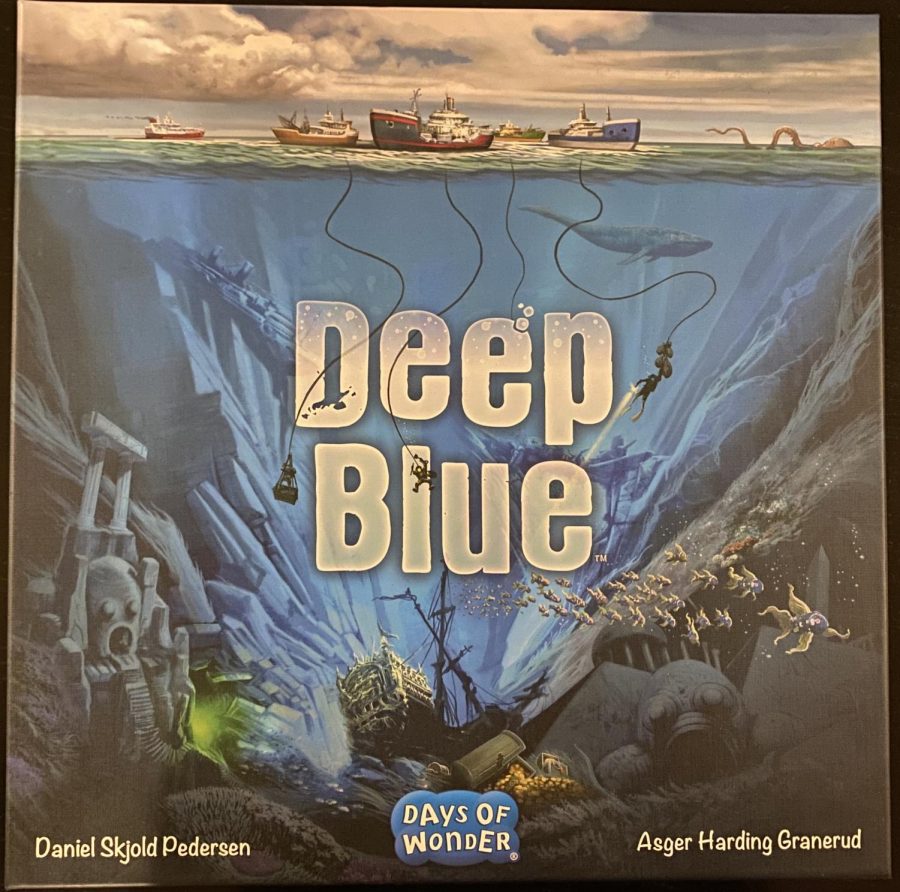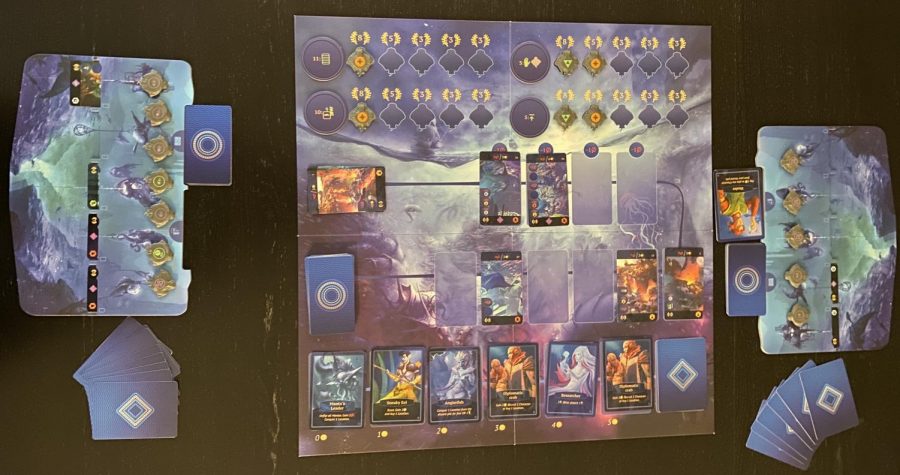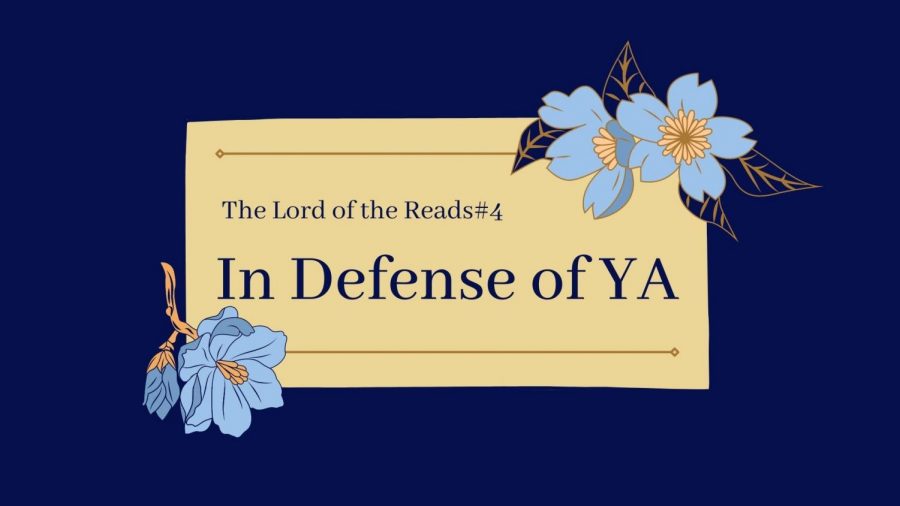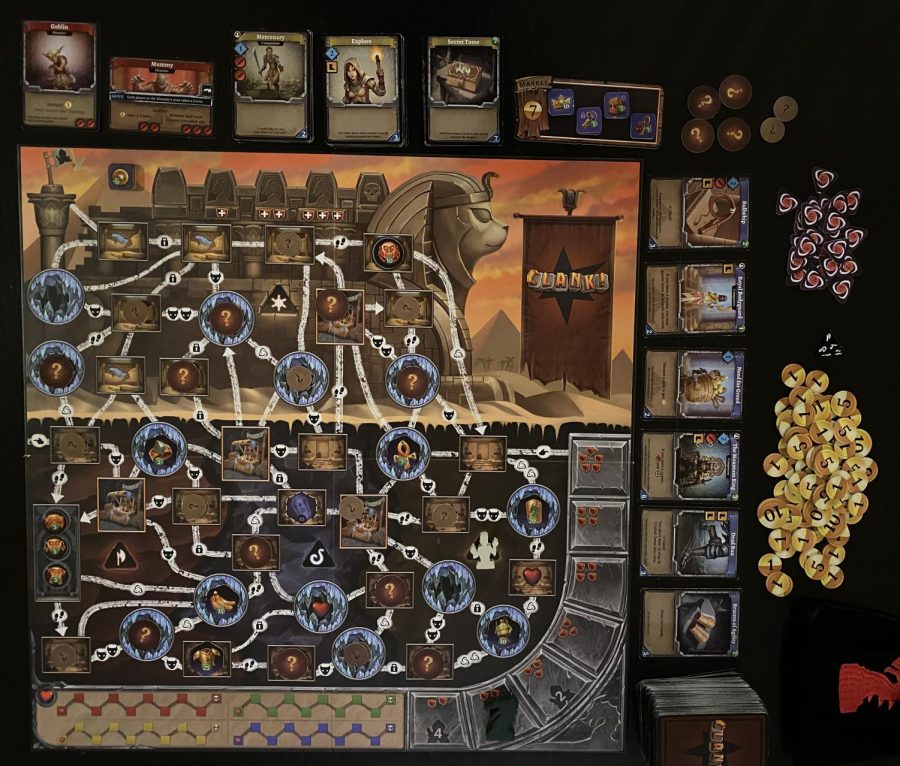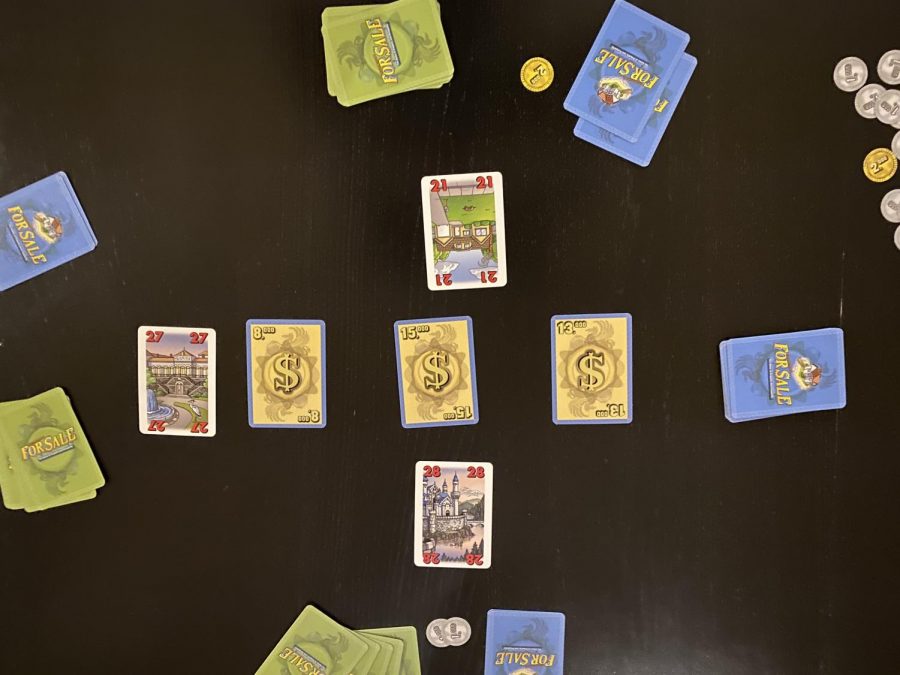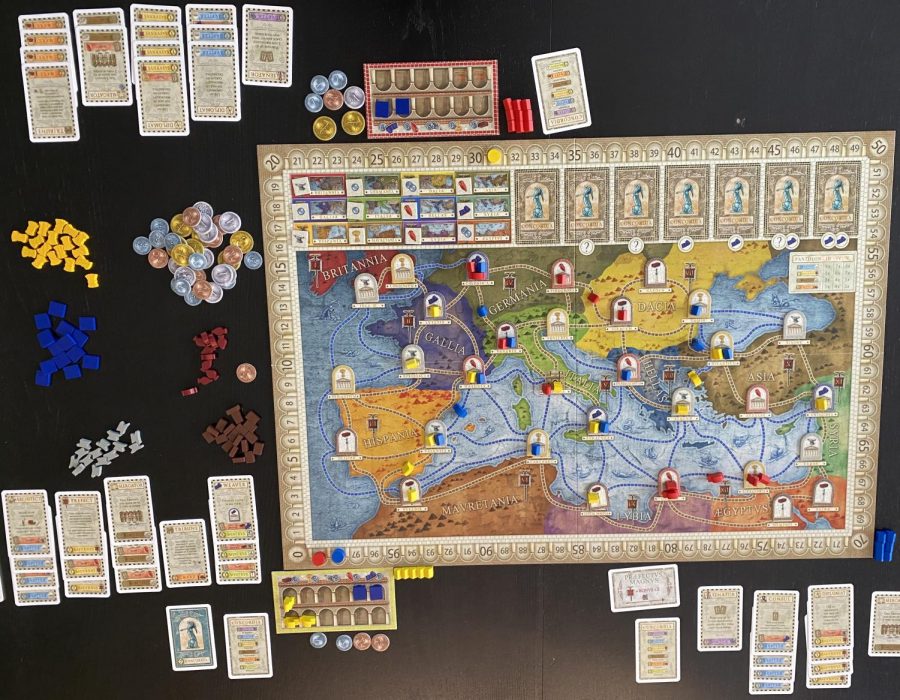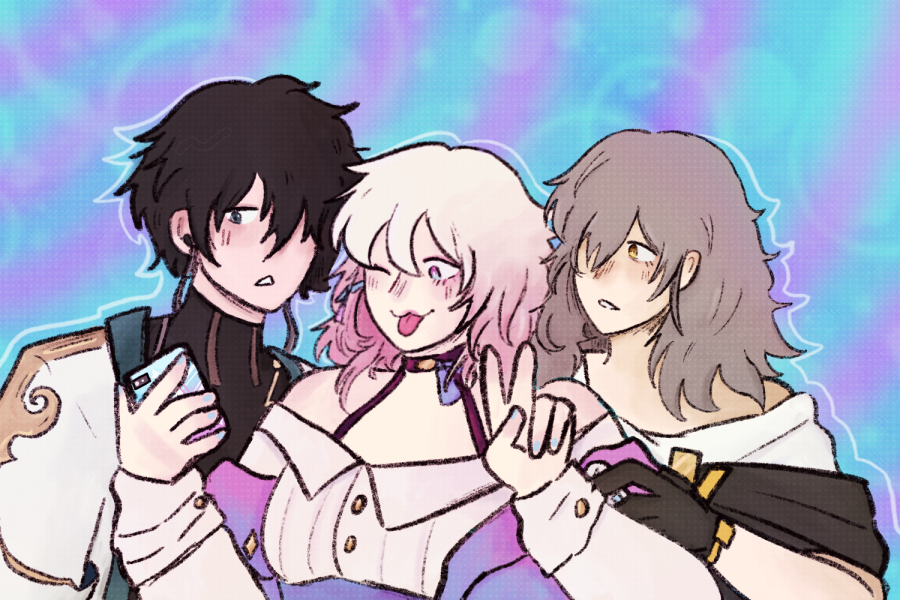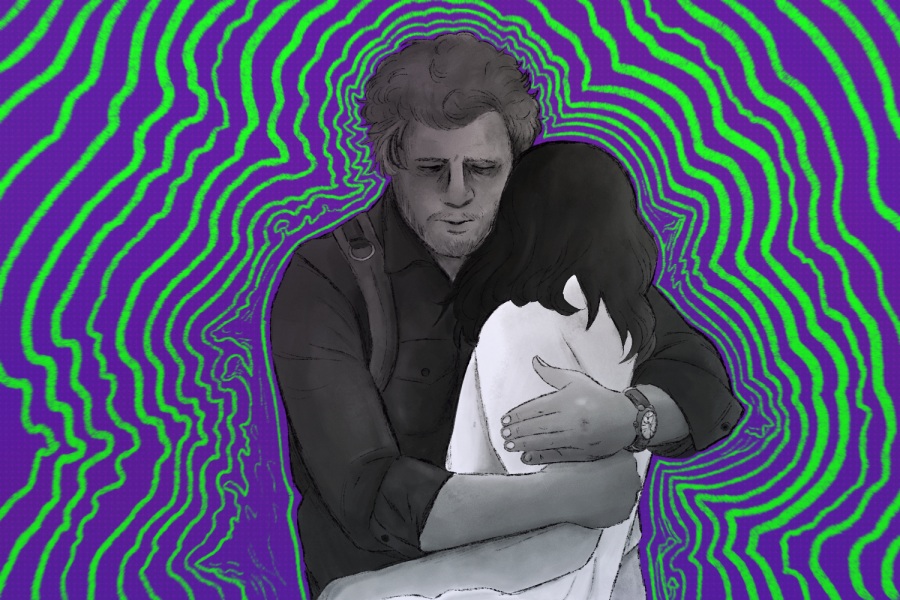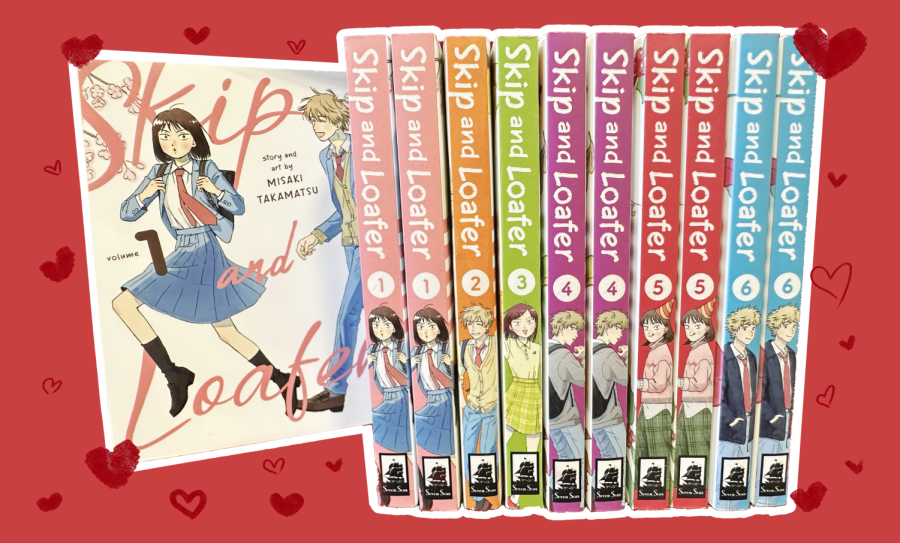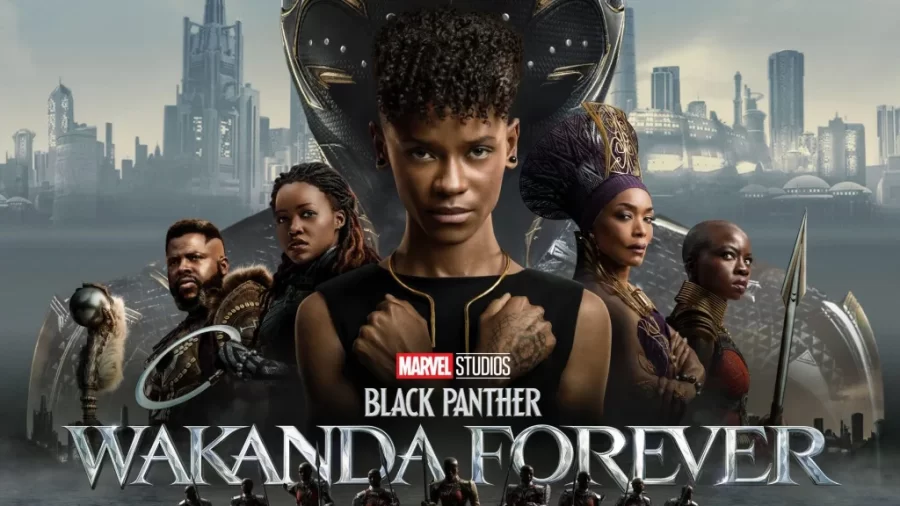As a merchant in the busy district of Istanbul, you will need to carefully manage your assistants to be more successful than other merchants. You’ll need to fill your wheelbarrow with goods and your pockets with cash to collect rubies, which ultimately win you the game. Istanbul is a pick and delivery type game for 2-5 players that usually takes 20-45 minutes to play.
Istanbul is a game published by Alderac Entertainment Group and designed by Rüdiger Dorn. It won the Kennerspiel des Jahres, a prestigious gaming award, in 2014. However, awards don’t automatically make a game worth getting, so let’s take a look at how it plays and whether it’s as good as it seems.
How to Play
The goal of Istanbul is to collect five rubies. The way players will do this is by moving their merchant around a bazaar, comprised of 16 places in a four by four grid.
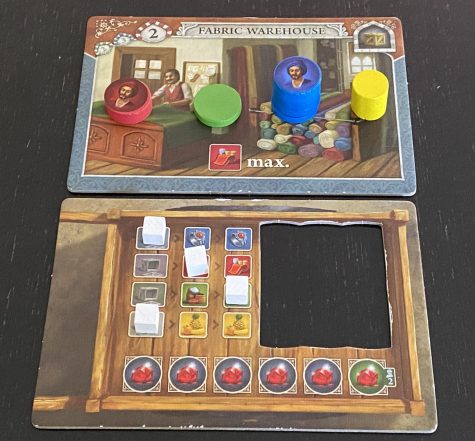
The red piece is a merchant. The green piece is an assistant. The blue piece is a merchant stack because there are assistants under the merchant. The yellow piece is a family member. The white pieces on the wheelbarrow track the number of goods a player has of each type. The wheelbarrow also has a place to track the rubies you earn. This photo shows the pieces in different colors, so I could point out what is what. When playing the game, all of your pieces are the same color.
Players start the game on the fountain. They have a stack of four assistants with their merchant disk on top. Each player gets a bonus card and some Lira, the currency of the game, based on when they play in turn order.
The first thing that a player does on their turn is to move their merchant and all the assistants beneath it one or two places. Each step must be horizontal or vertical, and they must end in a different place than where they started their turn.
Once there, players will use an assistant in order to carry out the action of that place. If the player has none of their assistants at that place, they place one assistant from their merchant stack on the tile next to the rest of their merchant stack. If a player goes a place where they have an assistant, they must pick the assistant up by placing their merchant stack on top of it. A player who cannot do either option ends their turn now.
Therefore, players will need to plan a route that allows them to drop off and pick up their assistants, so they don’t waste any turns having no assistants beneath their merchant or on any places near them to pick up.
Before carrying out the action of the place, the player must pay two Lira to each player whose merchant is also in that place. This payment does not apply to players who only have dropped off assistants there. A player who can’t or chooses not to pay ends their turn.
The main part of your turn is carrying out the place’s action. Some of these places give you Lira or goods. Others let you convert resources into other resources or rubies. There are a few places where you can earn special abilities. While 16 places seem like a lot to take in, the places are quite simple and easy to remember.
Wainright (1)
Pay seven Lira and add an extension to your wheelbarrow. These extensions allow you to hold more goods of each type. When a player completes their wheelbarrow with three extensions, they also get a ruby from this space.
Warehouses (2-4)
The fabric warehouse (2), spice warehouse (3), and fruit warehouse (4) allow you to gain as many goods as possible of a certain type. Slide your good indicator for the corresponding good to the furthest space on the right in your wheelbarrow. Having a larger wheelbarrow capacity means that warehouses will give you more goods. Diamonds do not have a warehouse and therefore are the most valuable good. Fabric has the next highest value followed by spice and then fruit.
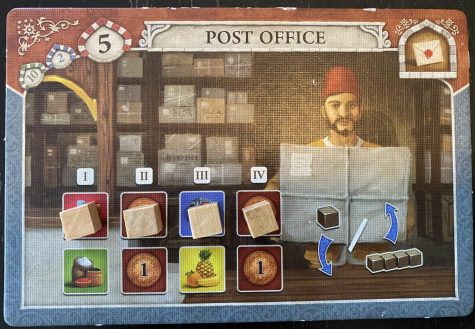
Each column starts with the top space blocked by a wooden cube. After taking the action, the leftmost cube will slide down, making the reward better. All the cubes slide up when someone carries out this action with all the cubes in the down position.
Post Office (5)
You get a combination of goods and Lira. The post office action shows four columns with two rewards each. You will receive one reward from each column based on which ones are not blocked by a wooden cube.
Caravansary (6)
Draw two bonus cards and then discard one bonus card from your hand. The card you discard doesn’t have to be one you just drew. The interesting thing about this action is that the cards you draw can be from the top of the deck or the top of the discard pile.
Fountain (7)
Hopefully you are within two spaces of the fountain when you run out of assistants. The fountain lets you take all your assistants from other places and put them under your merchant stack. You do not need an assistant to do this action nor do you need to pay other merchants that are also at the fountain.
Black Market (8)
You receive one fabric, spice, or fruit. Then, you roll two dice and get 0-3 diamonds based on your roll.
Tea House (9)
This place lets you gamble to get Lira. You call a number from 3-12 and then roll two dice. If your roll is equal to or higher than the number you call, you get an amount of Lira equal to the number you called. Otherwise, you only get two Lira.
Large Market (10) and Small Market (11)
Each market has a face up tile depicting five goods. Spend any number of goods shown on the tile, and you get an amount of Lira based on how many of the five goods you spent. Market tiles are replaced after each sale. The large market provides more Lira but requires more diamonds. The small market provides less Lira, but it is easier to get more of the goods shown on the tile there.
Police Station (12)
Your only family member in this game is a criminal. If your family member is in jail, at the police station, you may send it to any other place of your choice and carry out the action. Your family member does not have any encounters, so you do not have to pay another player if their merchant is there. While the police station allows you do take any action, you cannot use the police station again until another player goes to the same place as your family member to send them back to the police station.
Sultan’s Palace (13)
The rest of the places all have opportunities to get rubies. You get rubies here for spending the goods shown. The sultan’s palace starts off with one of each good type visible but requires more goods each time a ruby is taken from here.
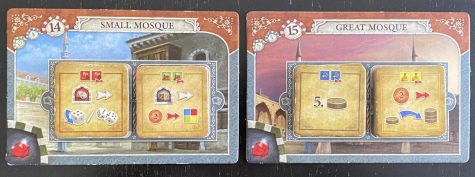
Each mosque tile provides a special ability. The fabric mosque tile lets you re-roll the dice or make any dice a four when rolling at the black market or tea house. The spice mosque tile allows you to buy a good of your choice for two Lira whenever you take an action at a warehouse. The diamond mosque tile gives you a fifth assistant. The fruit mosque tile allows you to spend two Lira to bring an assistant from anywhere on the board to your merchant stack.
Mosques (14-15)
A player may take a tile from the small mosque (14) or large mosque (15) that they do not own. In order to do this, they must have the goods depicted on the tile and must pay one of those goods. When a player gets both tiles from the same mosque, they can take a ruby from it. Players will need more wheelbarrow extensions to get mosque tiles lower in the stack because each mosque tile requires you to have more resources than the one above it.
Gemstone Dealer (16)
A player can spend an amount of Lira to take a ruby from this tile. The lowest a ruby can cost here is 12 Lira. Each subsequent ruby costs more.
During your last part of your turn, resolve any encounters you have. If another player’s family member is on the place you go to, send them back to the police station. Your reward for catching the criminal is either three Lira or a bonus card.
You may also encounter the smuggler or the governor, neutral tokens around the board. The smuggler gives you one good of your choice if you pay one good or two Lira. The governor gives you one bonus card if you discard a bonus card or pay two Lira. After using a neutral token, roll two dice to determine the new location of the piece. Each building has a number, as you saw above, for this purpose.
That’s pretty much everything you need to know in order to play. The only thing I didn’t mention is the bonus cards. You can use any number of bonus cards on your turn by placing them on the discard pile and carrying out their effect. The effects of these cards include getting a free good, five Lira, moving more than two places, or carrying out certain actions a second time when you go there.
Final Thoughts
Instanbul is a disguised race game. On the surface, it appears that you are trading goods and Lira for rubies, when in reality, it’s a game about efficiency.
The game has a few suggested setups before you completely randomize the placement of the tiles. That gives the game a ton of replayability. Either way, the new board means that you have look at the board and figure out how to get five rubies in as few turns as possible. At the same time, you have to plan a route that goes to the same places twice, so you don’t run out of assistants. The assistants are a great mechanism and the economy in the game is balanced making this a fabulous game.
Instanbul does a lot of things that I like. A big one is that you control the amount of luck you want. There are two places you can go to get Lira or diamonds that involve rolling dice to see how productive you are. The reason why I don’t mind this is that it is not the only way to get those resources. The black market can give you a lot of diamonds or nothing, but you get to choose if you want to take that risk. While there are no warehouses that yield diamonds, you can get diamonds in other ways, such as the post office, smuggler, and bonus cards.
The tea house lets you choose how much risk you want to take. If you don’t like risks, you can go for a safe bet like four or five, but you can also go for broke and call ten or eleven. If gambling isn’t your thing, you can also make lots of Lira by spending goods at the markets. Spending five goods at the market yields 20 or 25 Lira, depending on whether it’s the large market or small market.
Another thing I appreciate is the effort put into small details. The place numbers are definitely not random. The only thing that place numbers determine is the location of the governor and smuggler. When rolling two dice, you can only get values from between two and 12. All places with numbers outside that range provide rubies. If you examine the places inside that range, you’ll notice that the least powerful place, the fountain has the highest probability of getting a neutral token. The police station, which lets you take any action of your choice, has the number 12, which means it is very unlikely for a neutral token to go there. The less powerful places are balanced by having more neutral tokens.
The strategies do seem balanced. You can go for wheelbarrow completion, sultan’s palace, mosque tiles, gemstone dealer, or any combination of them to win the game. The mosque tiles, gemstone dealer, and sultan’s palace get harder as the game progresses while the wheelbarrow extensions benefit you more the earlier you get them. The race for these things early adds an interesting dynamic.
To show the balance in strategies, let’s use this example. It’s a 3-player game and player one and player two get Lira and buy rubies at the gemstone dealer. You may think that player three, going for goods to spend at the sultan’s palace, will win the game because they have less competition. All three players have approximately equal chances of winning. Players one and two are slowed down because they face competition with each other. They have to pay each other to go to the same spaces and the price of their rubies increase faster. The only reason they are going for the same strategy is that it is most likely a more efficient strategy. On the other hand, player three takes a different approach. Player 3 can win because they face less competition, so the price of their rubies increases slower. However, being the only one pursuing that strategy means that it is most likely a harder strategy for that board layout.
As for game length, I estimate that it will take around 20-45 minutes to play this game. Games take longer when you have more players, but take less time when as you get better at the game and can play more efficiently.
Another thing that speeds up the game is that you can’t really analyze every option. The game does not make it clear how much each good is worth, so you can’t sit there for a long time comparing your options. You have to make a decision based on what you think is going to get you rubies the fastest.
Furthermore, the trading between goods and Lira and rubies isn’t anything new. The unique aspect of this game is that you have to figure out how to manage your assistants. That’s the thing that I really like about Istanbul because it stops you from having the maximum efficiency. You can only move so many places each turn and you have to either come back to that place to pick up your assistant or waste a turn going to the fountain.
Ultimately, Istanbul is a well-designed game with a unique concept. I agree that it deserves the Kennerspiel des Jahres for that reason. The Kennerspiel des Jahres usually goes to games that are slightly beyond the family game for people who enjoy the hobby. If you enjoy playing board games, you will likely enjoy playing Istanbul and should get a copy of this. $25-40 would be a good price.
The chipped pieces lower the rating slightly, but I still give Istanbul an 8.5 out of 10 for its assistant mechanism, replayability, and attention to details.

